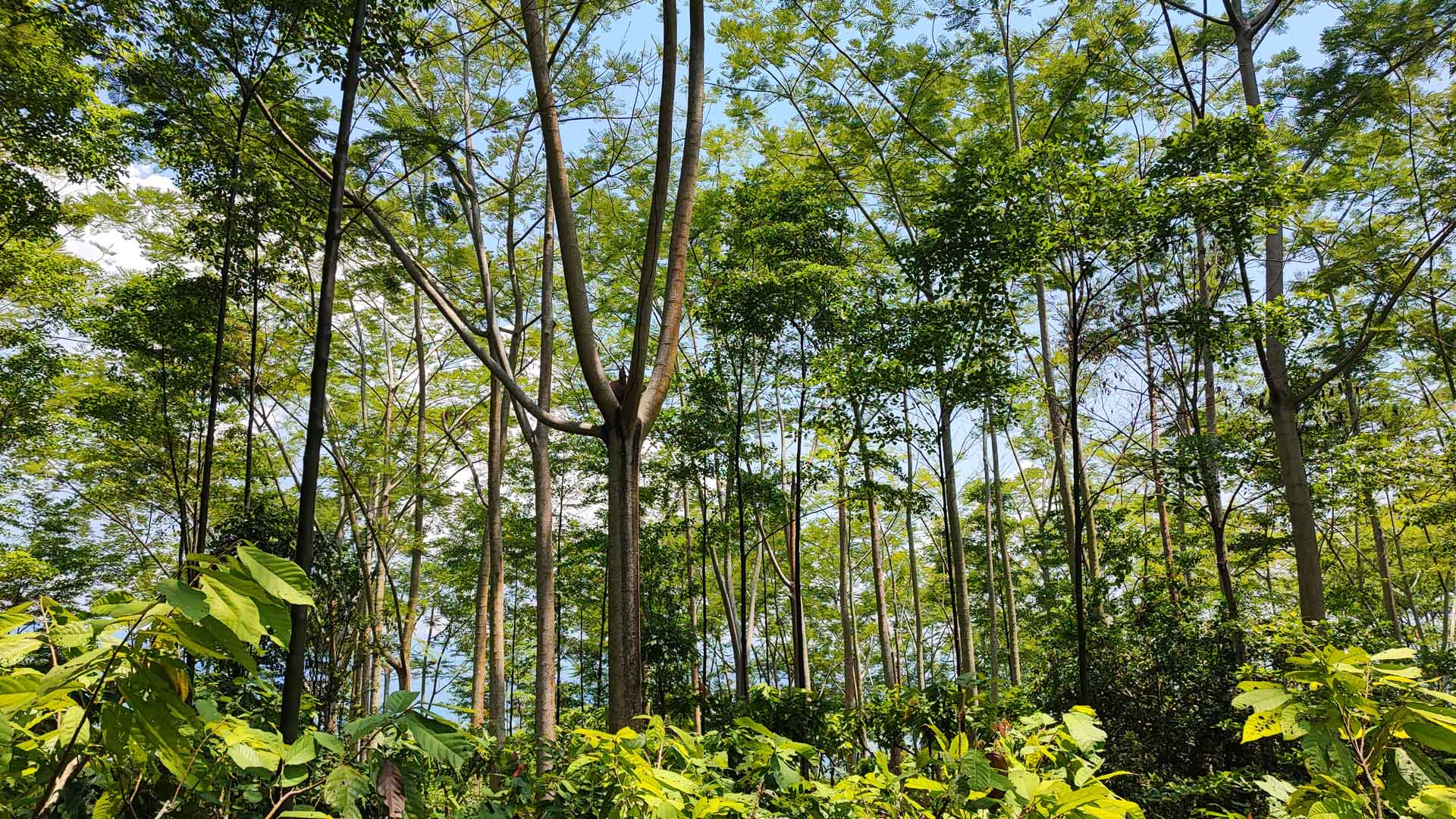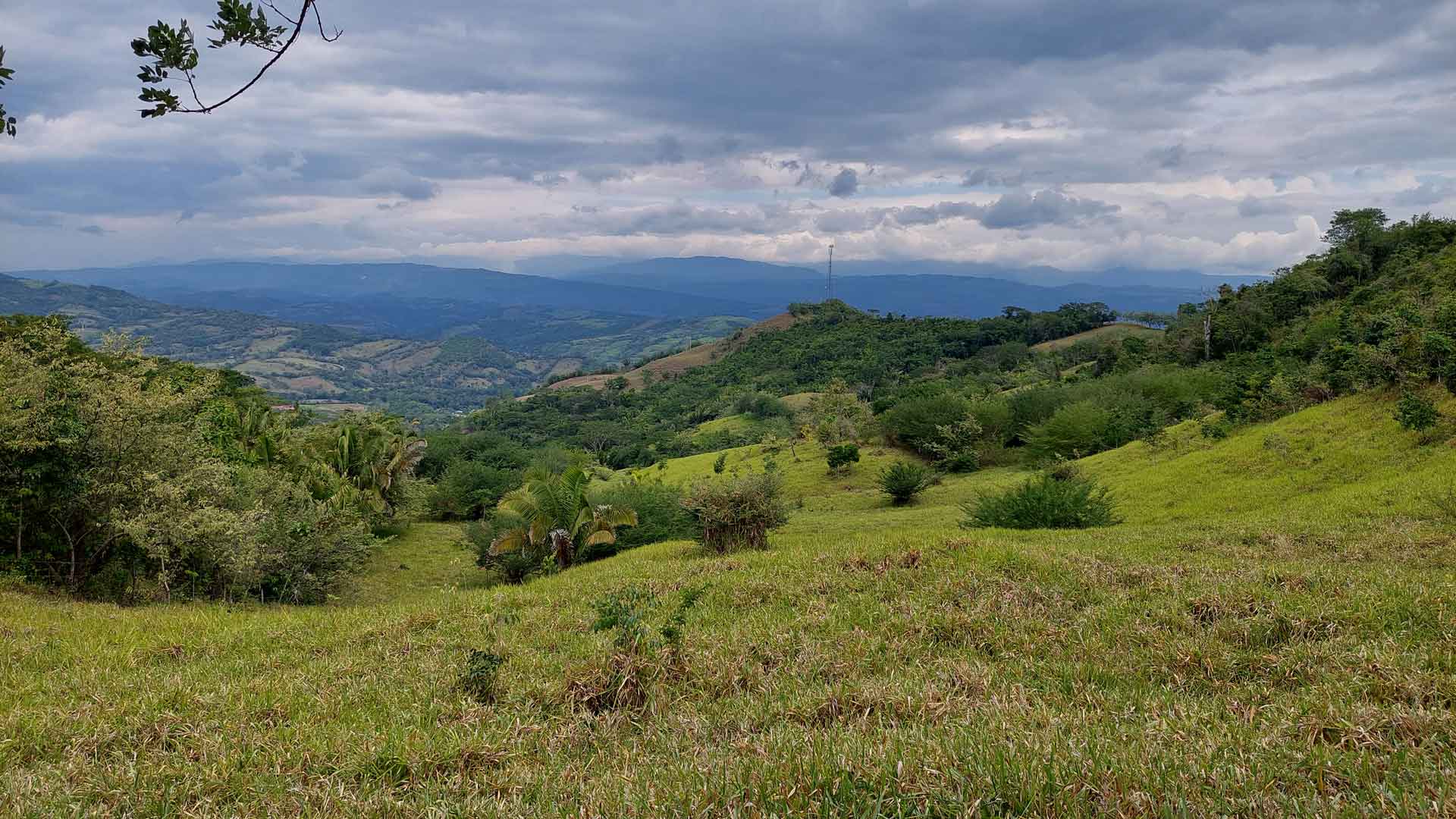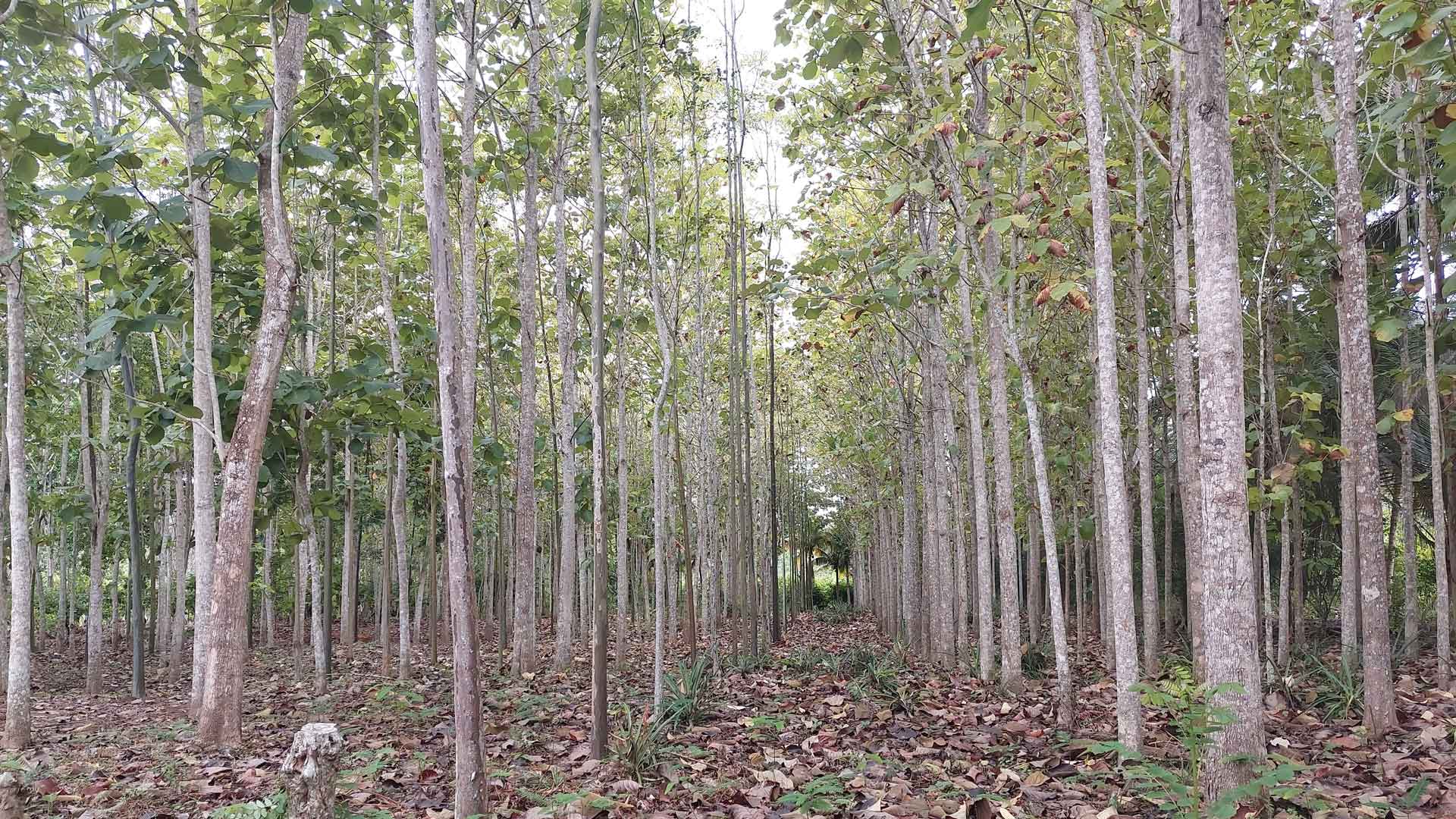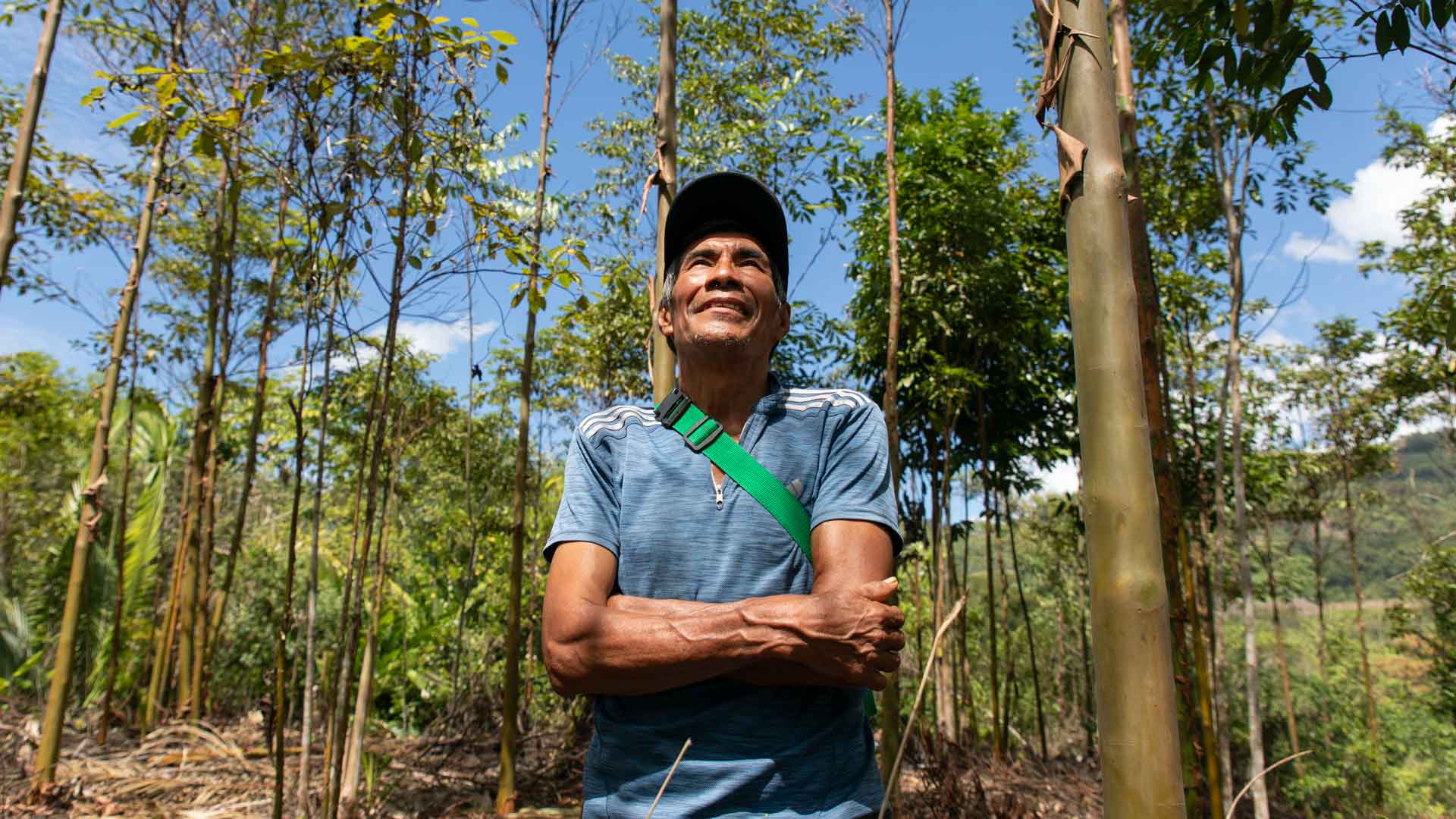This farm is located in Lamas, Peru, with 20 hectares, where they have managed to diversify productive activities by developing sustainable agriculture, livestock, and forestry practices. Working to achieve self-sustainability, this farm has planted many trees specifically to protect the cacao crops in agroforestry systems.
In 2022, two additional hectares of silvopasture systems were implemented, which creates better grazing conditions for cattle while also restoring the soil to achieve better pasture quality. Additionally, reforestation efforts in degraded areas have already produced timber for sale, which helps finance improvements on the farm.



